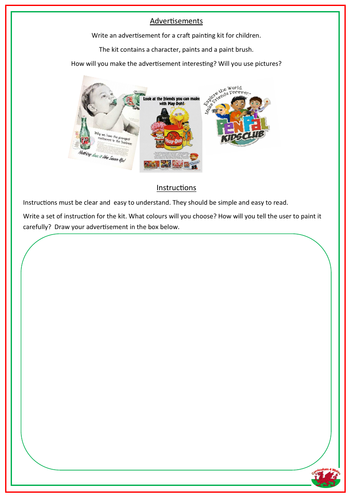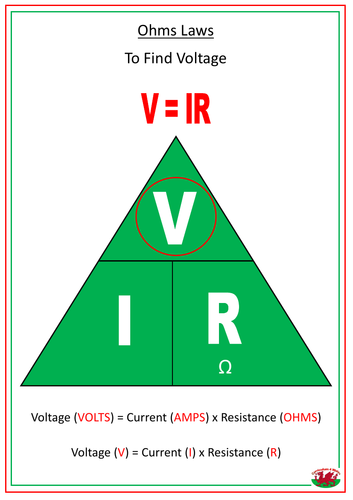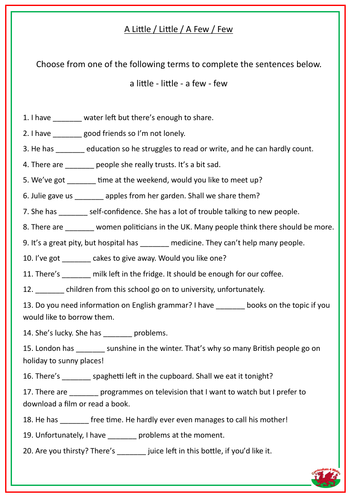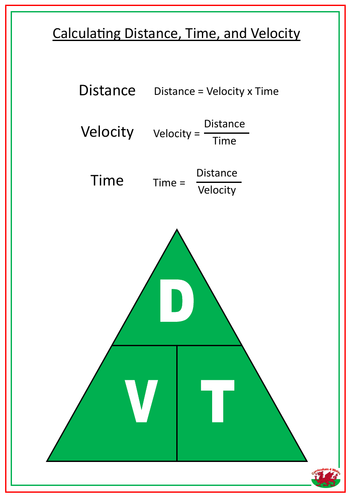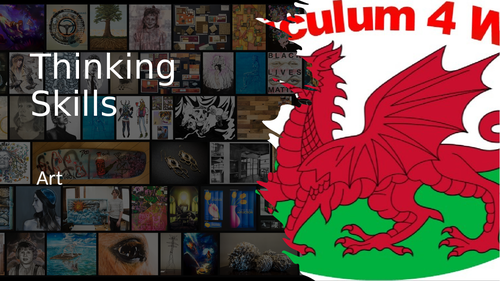Curriculum4Wales - Liz Foxwell
Experienced and award winning creators of resources to support the Curriculum in both Wales and the UK classrooms as well as international curriculums. Liz has written many resource books and has experience in translating the resources to many languages. Awards have been awarded have been awarded for book and resources, the judges felt they improved classroom practice. These resources have been used in Liz's classroom as well as her departments over many years.














